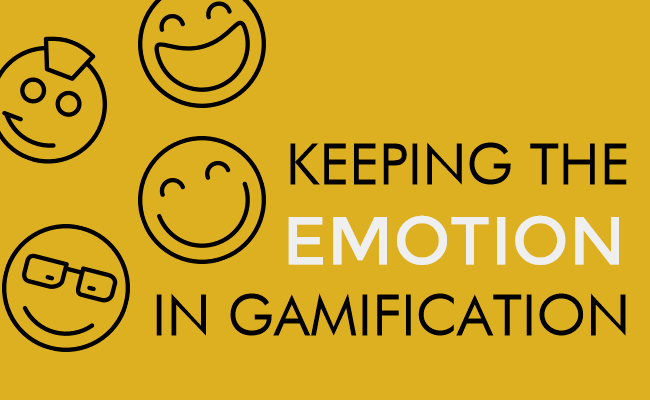Enterprise Gamification Books: Reading About Gamification And Work
What is enterprise gamification? It is a video game veneer at work, a great way to learn things, or something that has real value in the workplace, even becoming a new way to manage performance? Is about competition between employees? A fitness tracker for work? Gamification is emerging as the future of performance management, and was even mentioned by Gartner in its 2016 cool vendor report for human capital management. Fortunately, gamification is deeply embedded in behavioral psychology and behavioral economics, and is therefore covered in many wonderful enterprise gamification books that are worth reading not only for their value in gamification, but for their observance of human motivation.
Before we plunge in, let’s look at the definition of gamification by Brian Burke of Gartner who is the author of the first book recommended here; Gamify: How Gamification Motivates People To Do Extraordinary Things. Burke’s definition is
“The use of game mechanics and experience design to digitally engage and motivate people to achieve their goals”.
Here are our 5 best enterprise gamification books:
- Drive.
Drive - The Surprising Truth about What Motivates Us is probably the best book there is about gamification, although it doesn’t discuss it but rather focuses on what drives motivation. Motivation is about intrinsic motivation, not extrinsic motivation that comes from cash or competition, and Pink explains this very well. What really motivates people area sense of autonomy and mastery which Pink calls the “third drive”. This intrinsic motivation will also create a sense of flow – the effortless feeling when we do something we’re good at. The book is full of scientific proof and accounts of groundbreaking experiments in human motivation. My favorite is the story about how cash rewards can actually harm performance. - Gamify.
In Gamify - How Gamification Motivates People to do Extraordinary Things Brian Burke stresses the fact that gamification is about motivation and goal achievement and not about fun and play at work. For Burke, gamification is about engrossing people in an activity by infusing it with meaning, and enterprise gamification should strive to align corporate goals with individual ones, since “… organizational goals will be realized as a consequence of the player achieving her goals”. From there, follows a wonderful discussion about gamification and organization culture. - For The Win.
Kevin Werbach and Dan Hunter’s For the Win - How Game Thinking Can Revolutionize Your Business is a great read for people looking to read real life examples of the use of gamification as a tool. The book shows how businesses can change by taking the point of view of a game designer and addressing motivation and employee engagement through gamification lenses. The book is full of stories from a variety of companies and industries. At the end of the book there is a guide for implementing gamification. - Reality Is Broken: Why Games Make Us Better And How They Can Change The World.
Jane McGonigal’s book explains the science of why games are beneficial, making us happier, more creative, resilient, and able to deal with change. The book also warns about excessive gaming, but they explains how you can gamify many aspcets of your personal like. She argues that games are “hard work”, and that they fulfill a concrete and important need for people, if they touch upon our deepest motivations. - The Small Big.
This book, written by Steve Martin, Noah Goldstein, and Robert Cialdini, is about how small things can drive big changes. I've written about how it applied to call center gamification. It isn’t a gamification book per se, but I’ve included it for one of the stories in it - an experiment done in the Wharton School of Business by Professor Adam Grant. In this case, staff from the university office responsible for alumni fundraising were told “stories”. Some were told that raising funds for scholarships, would greatly affect students – a “big picture” story. Others were not told about the benefits to students, but actually were told about their salaries and bonuses. Those that were reminded of how their work helps others were much better at work. Reminding people of their salary doesn’t help – but talking about a “higher goal” does. I like this story of motivation since gamification can be easily used to communicate it.
By reading these enterprise gamification books you’ll hopefully better understand what drives gamification from the behavioral psychology aspect, which can in turn translate into better designed gamification, unleashing the power of enterprise gamification in the business.







